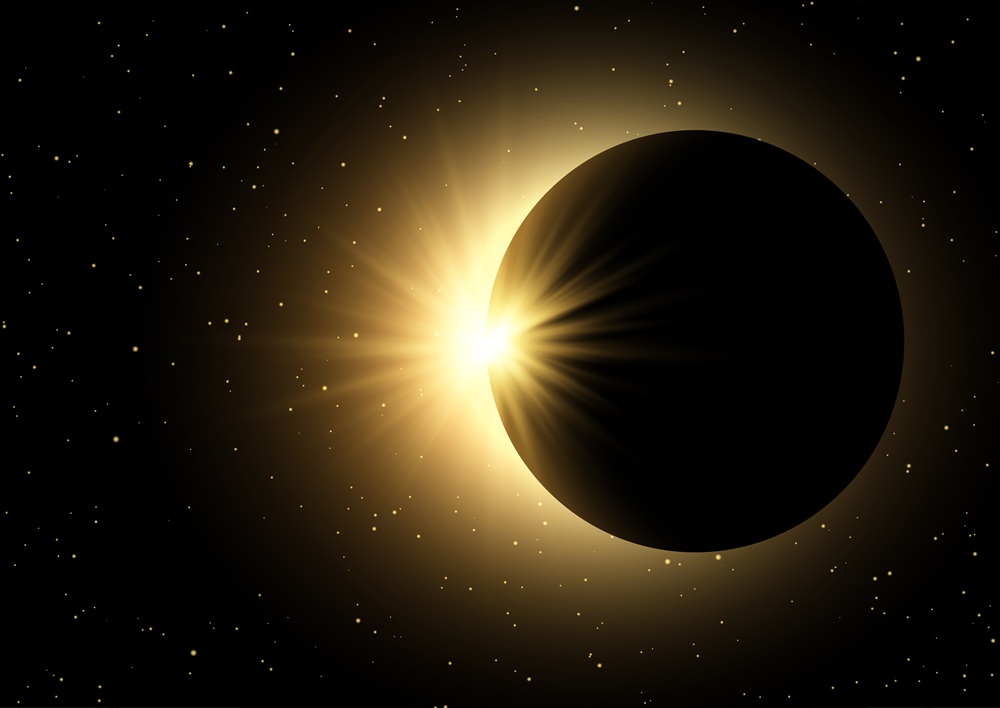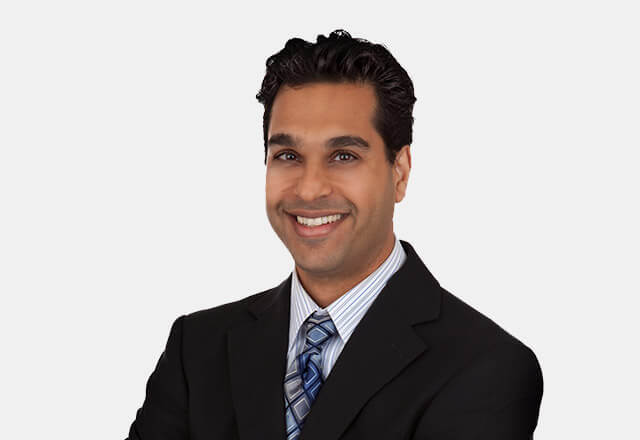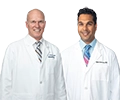
Last Updated on June 27, 2025 by Aaron Barriga
In the excitement of the much-awaited solar eclipse, make sure you don’t forget the one thing that you’ve grown up listening to – Do not look at the sun with your naked eyes. This solar eclipse is no exception to the rule, so if you plan to catch a glimpse of the rare event taking place on September 21st.
7 Tips to Safely View a Solar Eclipse
- Sunglasses, color films, media X-ray films, floppy disks, and smoked glass should never be used for viewing a solar eclipse, as none of these options offer any protection against harmful UV radiation.
- You can use a telescope or binoculars to project the sun’s image on a screen while avoiding the side-mounted finder scope.
- You can also buy eclipse glasses at a local welding supply store, but be sure to check that the glass grading meets the safety requirements set by the ISO.
- If you happen to live in the path of the solar eclipse, you can safely witness it with your naked eyes at the moment of totality when the moon blocks the sun completely.
- Those of you who do not wish to take any risk can view the event from the comfort of your couch while it is being streamed live on your TV screen.
- If you normally wear glasses, do not remove them to put on your eclipse glasses. Instead, wear your eclipse glasses over your normal eyeglasses, or you can also hold them in front of your regular glasses.
- If you are into a lot of DIY, an alternative method is using a pinhole projector where you stream the sunlight from a small pencil hole onto a makeshift screen. Make sure you do not look at the eclipse through this pinhole but only at the partially eclipsed sun on the projector screen.
Eclipse blindness is not a myth, so do not risk your lifelong healthy vision when viewing a grand solar phenomenon for a few seconds. Your pair of sunglasses definitely won’t protect you against the harmful UV rays and infrared light.
In order to educate people on the perils of unsafe viewing practices and how to view this captivating celestial occurrence safely, two experts – Dr. Eric Poulsen and Dr. White have made a few recommendations. Read them in detail here and enjoy this once-in-a-lifetime experience safely:
https://abc30.com/amp/safety-solar-eclipse-fresno-total/2311505/

Dr. Azhar I. Salahuddin is an ophthalmologist and is fellowship-trained in cornea, external diseases, and refractive surgery. Dr. Salahuddin has been performing cataract surgery for over 19 years and specializes ocular reconstruction, corneal transplantation surgery as well as vision correction through a variety of intraocular lenses. Dr. Salahuddin is board-certified by the American Board of Ophthalmology and was trained at Boston University.

